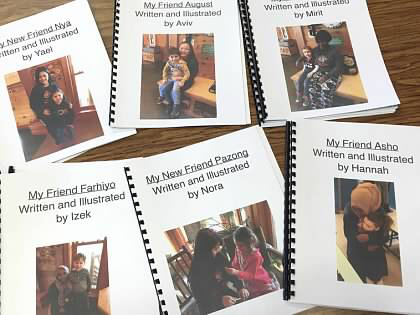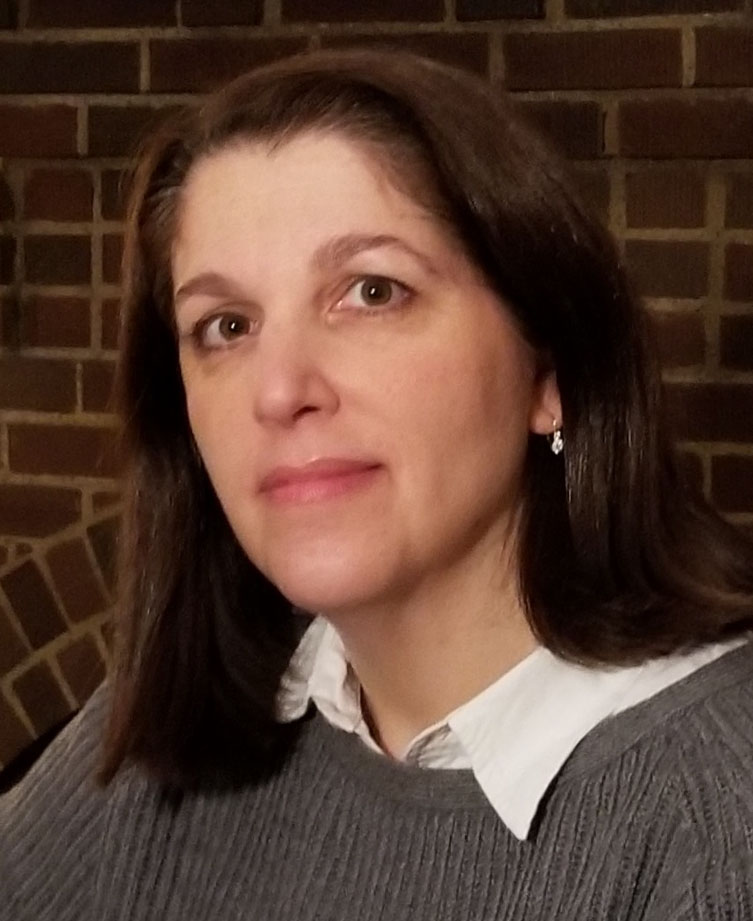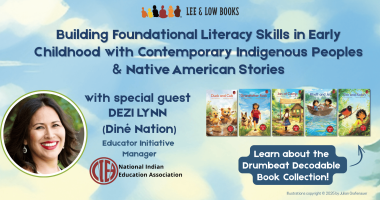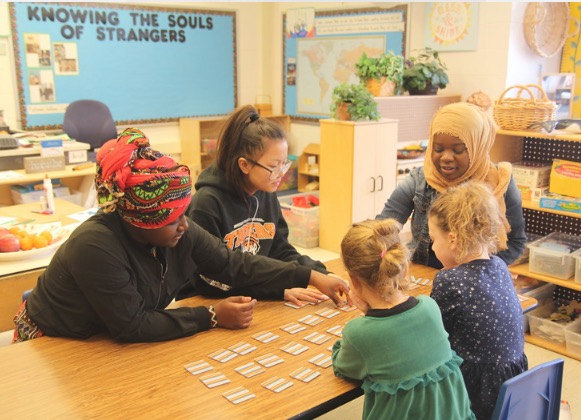In this guest post, Rona K. Wolfe, Junior Kindergarten Teacher at the Milwaukee Jewish Day School, explores methods of teaching her kindergarten students about the experiences of refugees around the world.
Rethinking
As a kindergarten teacher, I wanted to expose my students to global experiences. What does that look like in a class with our youngest students? After careful thought, I wanted the young children in my class at the Milwaukee Jewish Day School to learn about the difficulties and experiences of refugees living in our community.
What I Know
The students in my class have a deep understanding of kindness. It is our core value. It was my intention to bring to this kindness a true appreciation of difference among us, but also similarities. We all love. We all come from families. We all need to be safe. I also know that my strength as a teacher is the value I place on truly seeing and hearing my students. This would be my goal in these lessons to develop appropriate schema for learning about and appreciating differences. Teaching my youngest students the value of reaching out and really seeing others was by educating them to listen and view others’ perspectives.
Our Guideposts
Is kindergarten too young? No, but here were my guideposts: We will get comfortable talking appropriately about big ideas. I will model behaviors and attitudes for my students. We will bring our knowledge to the present. History is important but what can we do now? I will encourage complex, critical thinking. And, our thoughts and conversations will empower us to do more. We will increase our opportunities for real, truthful contact by inviting refugee families into our classroom and into our lives. We will become aware, and awareness will change our perspectives, and our world.
What We Did

We talked about what it means to be a refugee. We discussed the choices these families have to make and what it might feel like. We learned about different countries that refugees come from; about what it feels like to be different or a stranger in a new place. Great children’s books on this subject easily led us to discussions and connections.
Through a local advocate we contacted several refugee families with young children in our community and invited them to spend a day at school with us. We ate, played, created art work together, and more. We kept in contact with these families and some chose to visit us again during our school year. These visits led to organizing children from these families to attend a week of summer camp with us.
We became pen pals with a young refugee family living in Chicago with two small boys. We exchanged letters, drawings, and more throughout the year.
We partnered with a group of young high school students who are refugees in the city of Milwaukee. Over a few meetings, my kindergarten students interviewed the high school students, writing and illustrating books about each one. These books were then given to each of the high school students, were read to visitors at our school’s open house, and are proudly displayed in our school’s library.
Connections
What I know about teaching is that no learning happens without a connection. This is as true in kindergarten as it is when meeting someone new. It is my job to find connections with each of my students. To truly see them and to know them. This is what we each brought to our learning about our new friends. We heard each other’s stories. We spent time seeing each other and listening to each other. My student’s response to this learning was a true sense of wonder, empathy, and Tikkun Olam (repairing the world). What I learned is I can trust myself and my students with big ideas. Silence increases a child’s prejudice. My kindergarten class is not silent in their learning.
 About the Author: Rona Kader Wolfe has been a kindergarten teacher for 26 years. She earned her degree in early childhood and elementary education from University Wisconsin-Milwaukee. In her time as an educator, Rona has served both Milwaukee’s Indigenous community and its Jewish community as a kindergarten teacher at the Indian Community School and currently at Milwaukee Jewish Day School. In her summer months, Rona works for Milwaukee Public Library’s Super Reader program. Through this role, she visits city schools and works with educators to enrich their reading curriculum. Centered in social emotional learning, Rona builds her classroom curriculum around empathy and diversity inclusion. Partnering with Milwaukee’s refugee community, Rona’s kindergarten built relationships with refugee students of all ages and their families. Rona’s focus in this work centers on understanding and celebrating differences along with recognizing the similarities we all share.
About the Author: Rona Kader Wolfe has been a kindergarten teacher for 26 years. She earned her degree in early childhood and elementary education from University Wisconsin-Milwaukee. In her time as an educator, Rona has served both Milwaukee’s Indigenous community and its Jewish community as a kindergarten teacher at the Indian Community School and currently at Milwaukee Jewish Day School. In her summer months, Rona works for Milwaukee Public Library’s Super Reader program. Through this role, she visits city schools and works with educators to enrich their reading curriculum. Centered in social emotional learning, Rona builds her classroom curriculum around empathy and diversity inclusion. Partnering with Milwaukee’s refugee community, Rona’s kindergarten built relationships with refugee students of all ages and their families. Rona’s focus in this work centers on understanding and celebrating differences along with recognizing the similarities we all share.









